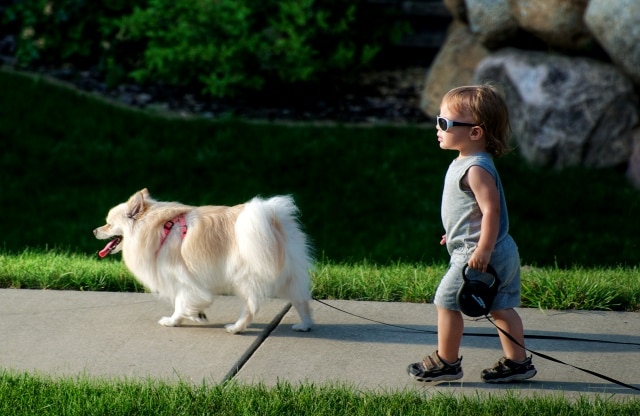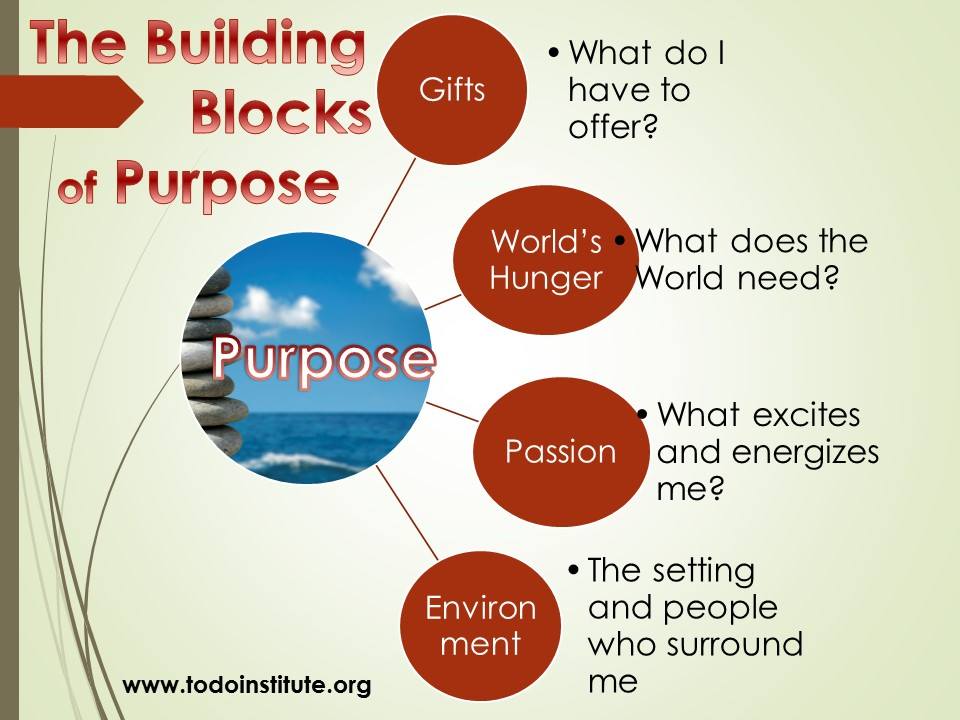You’re on one end of the leash. You’re feelings are on the other end. Who’s walking who?
 Many of us spend a great deal of our lives responding to our feelings with action or inaction – whatever our feelings might dictate at the moment. If we feel like eating a dessert, we eat dessert even though we are on a strict diet. If we don’t feel like exercising, we stay in and watch TV instead.
Many of us spend a great deal of our lives responding to our feelings with action or inaction – whatever our feelings might dictate at the moment. If we feel like eating a dessert, we eat dessert even though we are on a strict diet. If we don’t feel like exercising, we stay in and watch TV instead.
Co-existing with unpleasant feelings is our ability to think and feel something without necessarily acting on it. In some cases it means coexisting with anxiety about a presentation you need to make even as you stand up and begin speaking (coexistence/action). In other cases, it means coexisting with anger while you refrain from hitting someone or losing your temper (coexistence/restraint). Both aspects of this skill involve the ability to feel what you’re feeling, think what you’re thinking, and observe the content of your mind/heart (kokoro in Japanese) without getting drawn into an automatic response.
Let’s say you are walking your dog to the grocery store on the corner, because you need buy some food for dinner. Your dog likes to go back and forth and pause now and then to appreciate the interesting aromas. That’s not a problem, as long as you keep going in the direction of the store and you get there to buy food. You have a purpose.
But if you let your dog dictate where you go you may end up at the bank or the gas station. You abandoned your purpose. Then you (and your dog) go hungry. Feelings can distract you if you let them take the lead. Particularly feelings like anxiety or fear. Sometimes they lead you so far off course that you are lost.
If we develop this skill of Coexistence it means that we don’t have to be in a certain feeling state to do something. We don’t have to fell motivated to exercise. We don’t have to feel confident to approach a stranger at a party. We don’t have to feel comfortable to do . . . well, just about anything. In fact, we’re capable of doing lots of things that are outside our comfort zone. We still have our feelings, it’s just that they’re no longer the driving force in our lives.
It’s wonderful to have feelings and to enjoy a nice walk with them. Let them play and pause and smell and do their thing. That’s their nature. Just don’t put them in charge.
Gregg Krech is the editor of Thirty Thousand Days: A Journal for Living on Purpose and A Natural Approach to Mental Wellness: Japanese Psychology and the Skills We Need for Psychological and Spiritual Health (2015).
Tags: Action Getting Things Done Mental Wellness Procrastination













